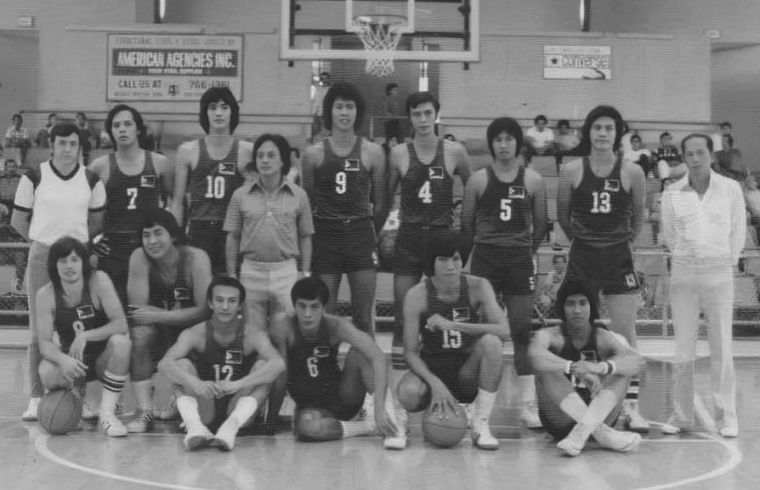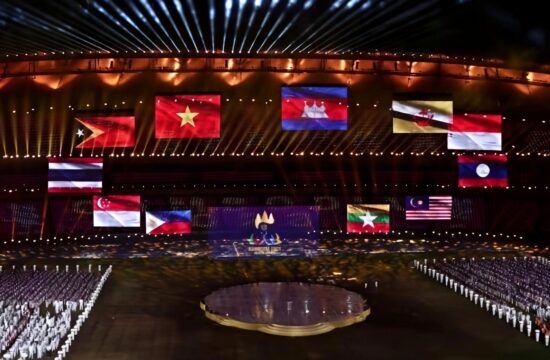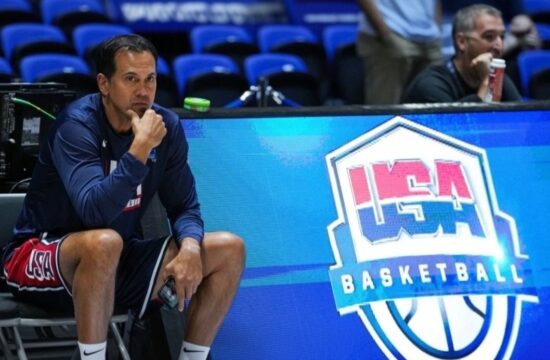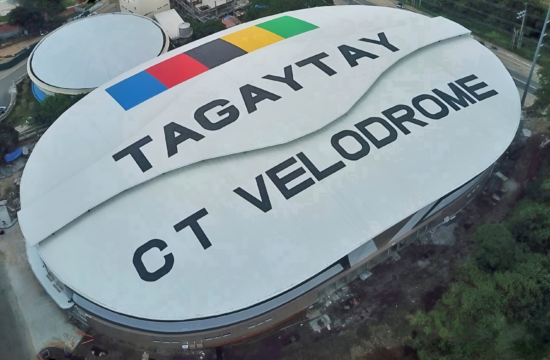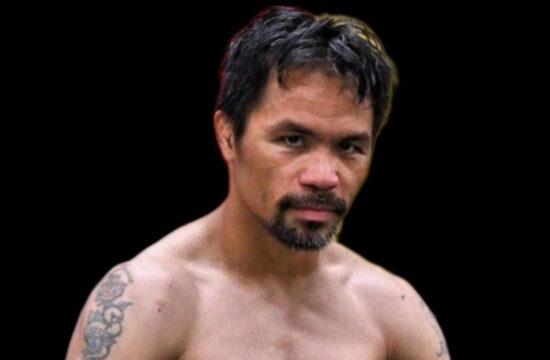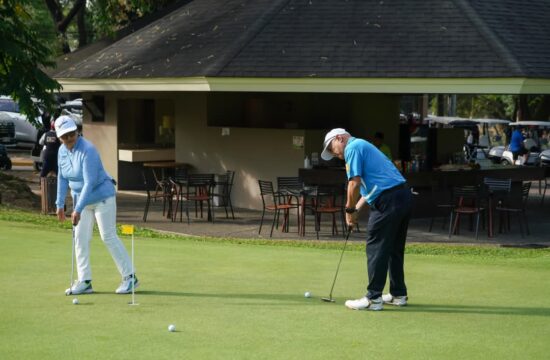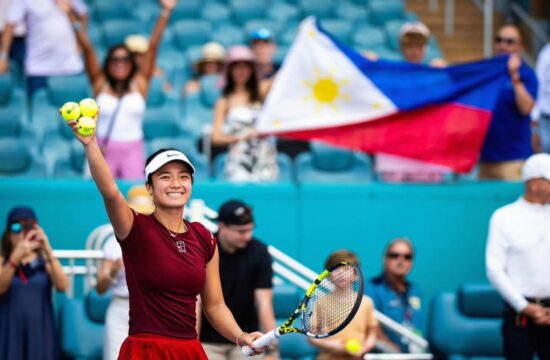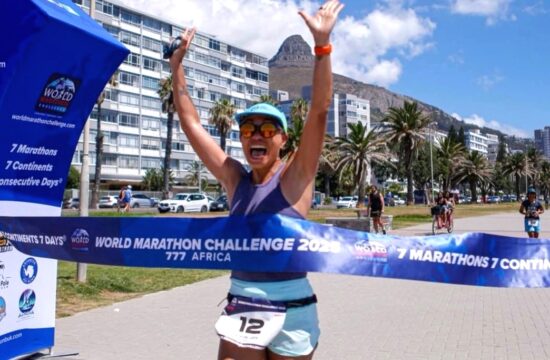The Philippines’ 2025 FIBA Asia Cup dream ended in Jeddah on Wednesday night, stopped cold by an Australian squad led by four former NBA names — Xavier Cooks, Jack White, Will Magnay, and Jack McVeigh — in an 84-60 quarterfinal loss. For a team longing to regain its Asian dominance, beating Australia may feel like chasing shadows. Yet, once upon a time, the Philippines actually caught them.
That moment came more than half a century ago, in the summer of 1974, when the Philippines arrived at the FIBA World Championship in Puerto Rico fresh from a perfect 10-0 sweep of the Asian Basketball Confederation tournament in Manila. The reward for that dominance was a brutal draw into the so-called “Group of Death” with Brazil, Argentina, and the United States.
Led by coach Tito Eduque, the Filipinos carried a roster brimming with talent that would later define the early years of the PBA: Jimmy Mariano, Joy Cleofas, Tembong Melencio, Robert Jaworski, Francis Arnaiz, Abet Guidaben, Ramon Fernandez, Bogs Adornado, Yoyong Martirez, Manny Paner, Big Boy Reynoso, and Dave Regullano — a lineup as deep in skill as it was in personality. They didn’t just represent the Philippines; they embodied an era when the country ruled Asian basketball.
Australia, still far from the world power it would become, had only been in the international game since debuting at the 1956 Melbourne Olympics. The Boomers were learning, losing, and building. But in Puerto Rico, they had one undeniable weapon: Eddie Palubinskas, a 6-foot-2 scoring machine with a Lithuanian father, a Russian mother, and a jumper that could slice through defenses. He had averaged 21 points per game at the 1972 Munich Olympics and came into the tournament ready to torch anyone in his path.
When the Philippines met Australia on July 8, the stakes were modest — classification round positioning — but the play was anything but casual. At halftime, the score was deadlocked at 50. Palubinskas had already found his rhythm, eventually finishing with 39 points, the most scored against the Philippines that tournament.
The national team countered with a collective punch: Adornado burying jumpers for 20 points, Fernandez and Paner muscling inside for 16 apiece, Reynoso adding 10, and Mariano battling the Aussies’ bigs with his sweeping hook shot. Jaworski and Arnaiz hounded Australia’s guards, Cleofas and Melencio stretched the defense, and Guidaben and Regullano provided the size to attack the inside.
The Filipinos matched the Boomers blow for blow, and by the final buzzer, they had a 101-100 victory — the first and only time they have beaten Australia on the world stage. It wasn’t for a medal, but it proved that with teamwork, fearlessness, and a little shooting luck, even an undersized team could prevail.
Five decades later, as Gilas Pilipinas climbs back toward Asian supremacy, the memory of 1974 endures as a quiet challenge: no team is unbeatable, and sometimes all it takes is one perfect night.

